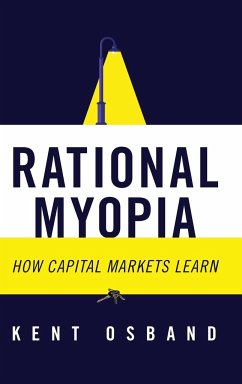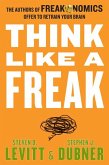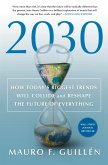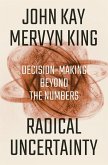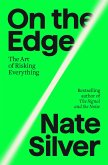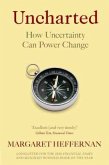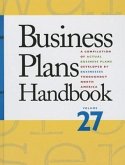How well do capital markets capture the wisdom of crowds? How badly do they capitulate to madness? Rival findings have split academic finance into two schools. The orthodox school treats markets as knowledge machines that foresee future risks well and respond soberly to them. The behaviorist school treats markets as ships of fools, careening between complacency and panic. Rational Myopia advances a new paradigm. It models capital markets as driven mostly by rational gamblers unable to sample the future risks they must estimate. Like drunks who search under lampposts for car keys lost somewhere else, capital markets obsess over current news because the present is far better illuminated than the future. While markets tend to digest new evidence efficiently, they have no knack for predicting future twists and turns. This makes them rationally myopic: weak long-term predictors but great short-term error correctors. Rational Myopia counterposes this paradigm to both orthodox-style rational expectations and behaviorist-style irrational exuberance. Yet it doesn't dismiss the insights of either camp. Instead, it helps unify them by demonstrating that rational learning can take both calm and turbulent forms. To make these demonstrations clear and intuitive, this book focuses heavily on simulations tied to simple games or historical data. Most of them draw on variants of a single equation, which turns out to resolve half a dozen major puzzles in finance theory.
Hinweis: Dieser Artikel kann nur an eine deutsche Lieferadresse ausgeliefert werden.
Hinweis: Dieser Artikel kann nur an eine deutsche Lieferadresse ausgeliefert werden.

